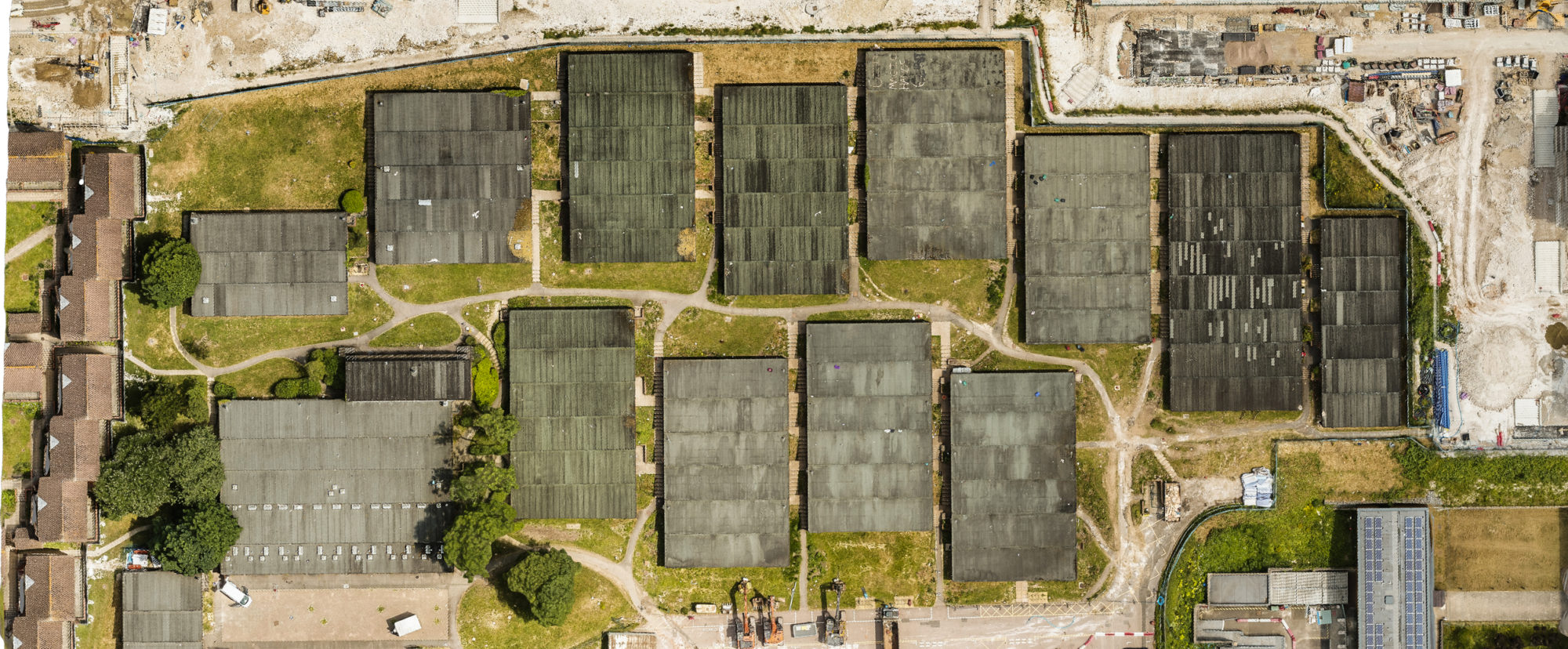As asbestos in schools hits the headlines yet again (does it ever really go away?), I was reminded of a blog piece I wrote 5 years ago and how relevant it is still today.
I am still shocked by the lack of asbestos management in schools and universities, particularly surrounding the management of maintenance and repairs works and the provision of information between the client, the contractors and the project teams in capital projects. Only last year there was a prosecution resulting in £1.5million in fines based solely on the lack of sufficient dissemination of information regarding asbestos containing materials during a school refurbishment project.
I work closely with schools, universities, PFI contractors, principal contractors and developers to close this information gap, solving the compliance issues and providing project certainty to ensure all parties are protected. www.procomplianceuk.com
Blog from February 2013 –
Yesterday, 26th February 2013, the GMB union who represent school support staff welcomed the call for evidence by the House of Commons Education Select Committee on the issues around asbestos in Schools. Robin Nower, Owner of ProCompliance the Asbestos Risk Management and Compliance experts, discusses the issues surrounding the management of asbestos in schools in the UK.
The issues of asbestos in schools in not a new one and recent column inches in the press have heightened the focus and concerns. It is entirely understandable that as a society we are concerned about the presence of asbestos in our schools, nothing being more emotive than the health and wellbeing of our children.
It is also not surprising that unions are additionally concerned with the health and wellbeing of their members with recent cases being heard on the apparent effects of low concentration long duration exposure to asbestos being contributory to asbestos related disease.
As is often the case the figures quoted are ‘scary’ in stating that 75% of schools contain asbestos with ‘much’ of it in a dangerous condition which is an, as yet, unquantifiable figure. However the focus should really be the apparent specific exclusion of asbestos from the DfE audit on school condition and the concerns that there is no identification of dutyholder responsibilities with concerns that asbestos information will be lost.
In all of the statutory instrument revisions that have dealt specifically with asbestos from the Control of Asbestos at Work Regulations 2002 through to the Control of Asbestos Regulations 2012 there has been a specific ‘duty to manage asbestos in non-domestic premises’ under Regulation 4. This has required there to be a dutyholder defined by –
(1) In this regulation “the dutyholder” means –
(a) every person who has, by virtue of a contract or tenancy, an obligation of any extent in relation to the maintenance or repair of non-domestic premises or any means of access thereto or egress therefrom; or
(b) in relation to any part of non-domestic premises where there is no such contract or tenancy, every person who has, to any extent, control of that part of those non-domestic premises or any means of access thereto or egress therefrom,
The use of ‘every person’ in the text clearly shows that this duty can be shared and schools are the perfect example of where this is often the case in that both the Local Authority and the School themselves having an obligation in relation to maintenance and repair in the buildings.
Shared dutyholder responsibilities very often get blurred and the result of this can be neither party completely executing their duties, or worse, being in conflict over who has the duties.
As more schools become academies or free schools and move away from the Local Authority their governors rapidly become responsible for the management of asbestos in the school and will find that they have no competence in the school to assume the dutyholder responsibilities.
The management of asbestos is so much more than just the identification of asbestos containing materials (surveying). It is the management of maintenance and repairs work, the communication of risk, the management of registers, the co-ordination of tasks, the creation and implementation of procedures and processes through a mandatory Asbestos Management Plan and so much more.
The competence to manage these responsibilities will rarely be found within the school and independent, impartial and practical competent asbestos risk management support asbestos risk management support will need to be sought.
ProCompliance provide complete asbestos risk management and compliance support, ensuring that clients have complete piece of mind.
www.procomplianceuk.com
07703691696

